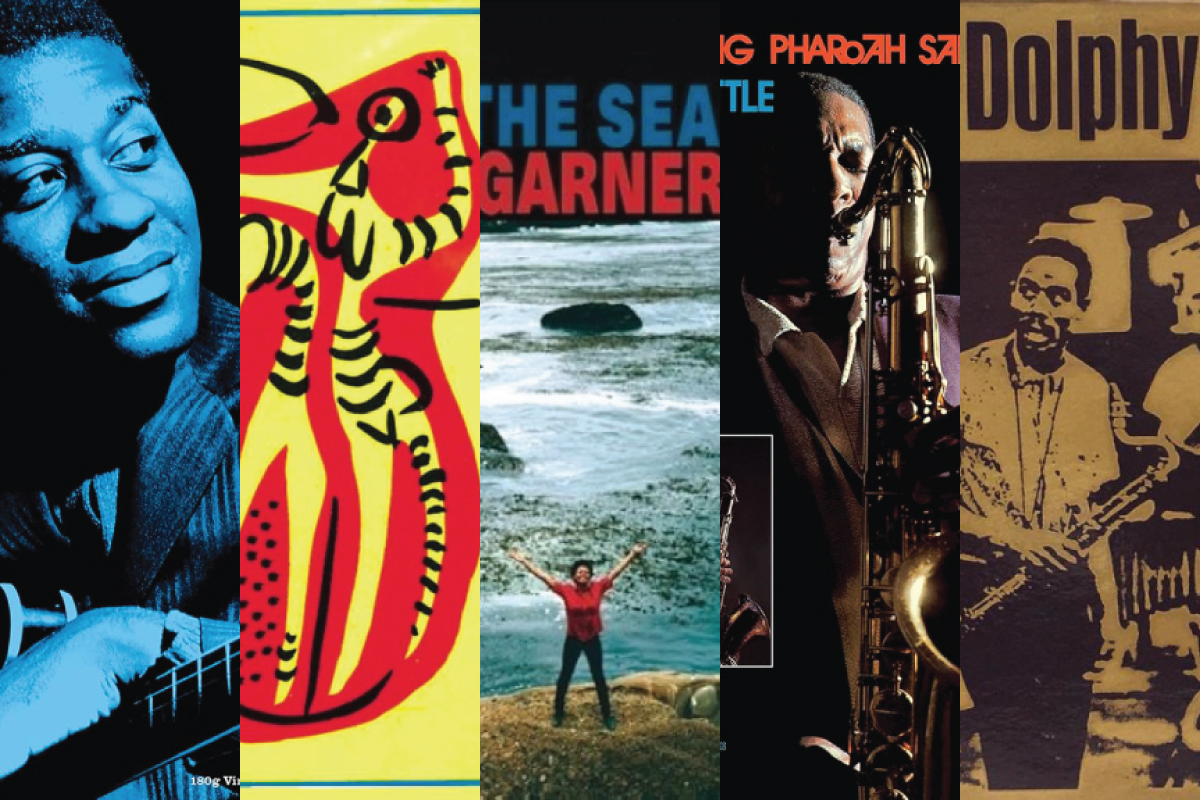Music by Various Jazz Legends
Words by Kevin Susienka
Reduce. Reuse. Recycle. In 2021, I listened to a new jazz album every week and wrote a short review of it. It was entitled My First Listen, a not-so-cleverly named attempt to document my initial reactions to music that has been on this planet for more than fifty years. It’s okay to be late to the party so long as you have a good time.
The five albums featured here are highlights of that journey, amazing works that each warrant a listen and have the utmost potential to broaden some horizons. Reduce your stress and anxiety with music. Reuse the albums that really hit you the way you deserve to be hit. Recycle your thoughts on them so that other people might enjoy them, too. Peace.
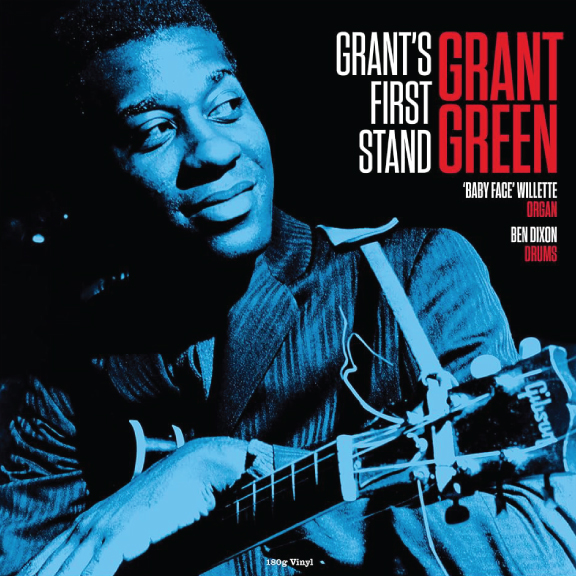
Grant’s First Stand by Grant Green
Blue Note never disappoints, and Grant Green’s inaugural release on the label is a perfect example. I try to keep in mind that the year was 1961, and most of my favorite guitarists had never even recorded or released a song. What did Roy Buchanan or Jimmy Page or Jimi Hendrix think of Grant Green when they were young up and comers? They must have been as impressed with him as I am. Grant’s First Stand is technical guitar playing that blows the mind without special effects. It pushed the limits of possibility on the guitar before the age of distortion came about one year later.
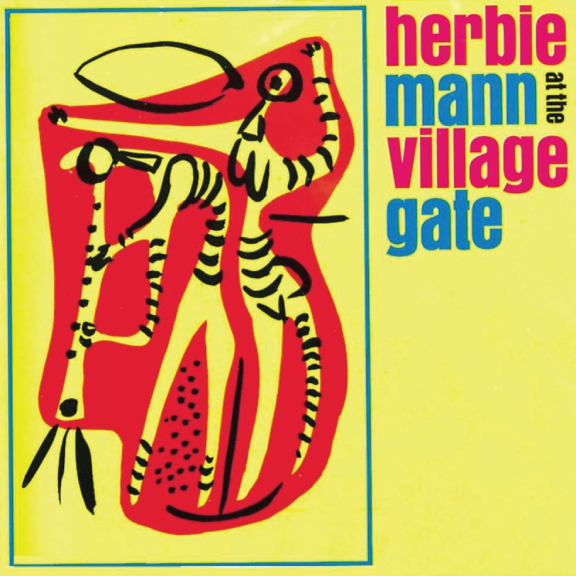
At the Village Gate (Live) by Herbie Mann
Ron Burgundy might have made a freaking spectacle out of the jazz flute, but Herbie Mann is no joke, my friends. “Comin’ Home Baby” is what plays in a person’s head at the times when she or he feels like the coolest human being on the planet. Then, there’s a version of “Summertime” that feels like 78A durometer wheels on a freshly paved street followed by a twenty minute rendition of “It Ain’t Necessarily So” which goes off the rails several times. Holy shit. So much soul coming out of one flute. My good friend, Grandison, recommended Herbie Mann to me recently. He’s a dude with eyes and ears for what is cool and yowsah, this one’s a score.
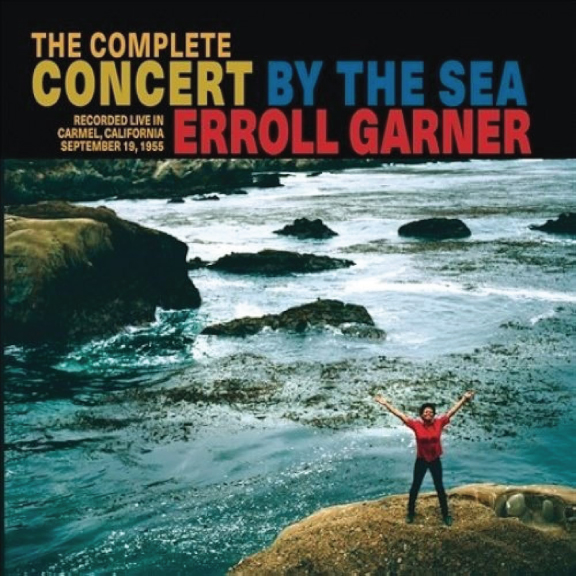
The Complete Concert by the Sea by Erroll Garner
I took piano lessons when I was a kid. Erroll Garner did not. It’s absurd, actually. To be at the top of one’s field with zero formal training is damned near impossible in the real world. The arts, music being one of them, will forever be on a short list of careers that make such a rise to greatness possible. The arts only border the real world. Try to become a practicing, self-taught doctor. Jail awaits. A full-time, self-taught lawyer? C’mon now. The system is rigged against that notion. But a self-taught musician? Nobody cares – and nobody cares because it’s all about the sound. Erroll Garner’s sound, while it might not come from a formal class environment, comes from a place of extraordinary understanding of and love for a musical instrument. His Concert by the Sea is his comprehension of what is possible with a piano on full display. Fast, technical showmanship matched with zero intent to consult music theory is such a powerful combination. Choose to listen to this one. I don’t think anyone on earth could be disappointed by it.
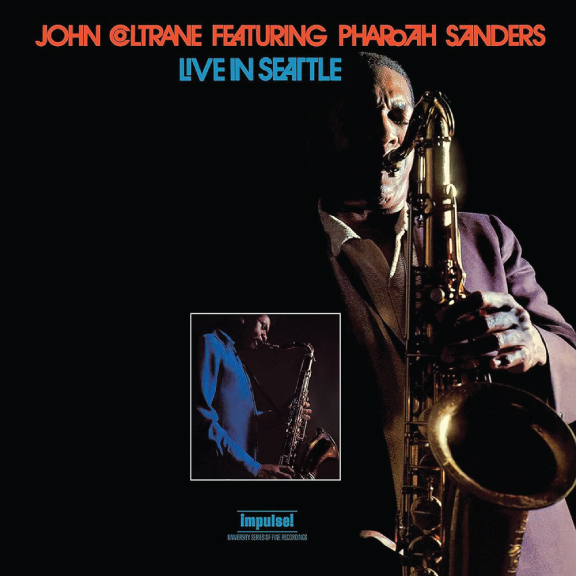
Live In Seattle by John Coltrane featuring Pharoah Sanders
Let me preface this little review by saying that I wasn’t ready for this album – at all. When people say they don’t understand John Coltrane, this album is exactly what they are talking about, as it is borderline incomprehensible. The songs follow some sort of basic pattern at some points, but they venture so far away that they become something extraordinarily new and nearly irreplicable. Coltrane and Pharoah Sanders shatter the traditional jazz format by making unprecedented noises with their horns. Instrumental jazz is often considered mood music. I do not recommend Live In Seattle unless your “mood” beckons you to stretch the listening power of your ears past what you anticipated was their maximum capacity because it won’t take long to get that point.
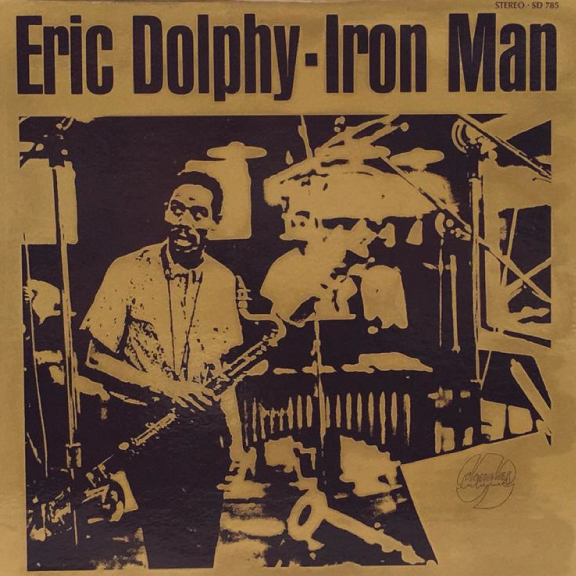
Iron Man by Eric Dolphy
I can’t say that I’ve ever had an Eric Dolphy moment, one in which I’m doing exactly what I want to do the way I want to do it and the results are astounding. I’ve never astounded myself, and while Eric Dolphy’s music astounds me, maybe he never astounded himself, either. Iron Man, recorded in 1963, was not released until 1968 because the rest of the world apparently had to catch up with what Dolphy was doing for the sound to be understood by the masses. Iron Man is (in a way) the rehearsal for his masterpiece Out to Lunch, which was recorded on Blue Note a year later. Because of this, it’s the unsung hero of Dolphy’s discography – the final rung on the long ladder that a musician climbs to the transcendent world of the magnum opus.
ROSEWATER 0007 // April 2024

